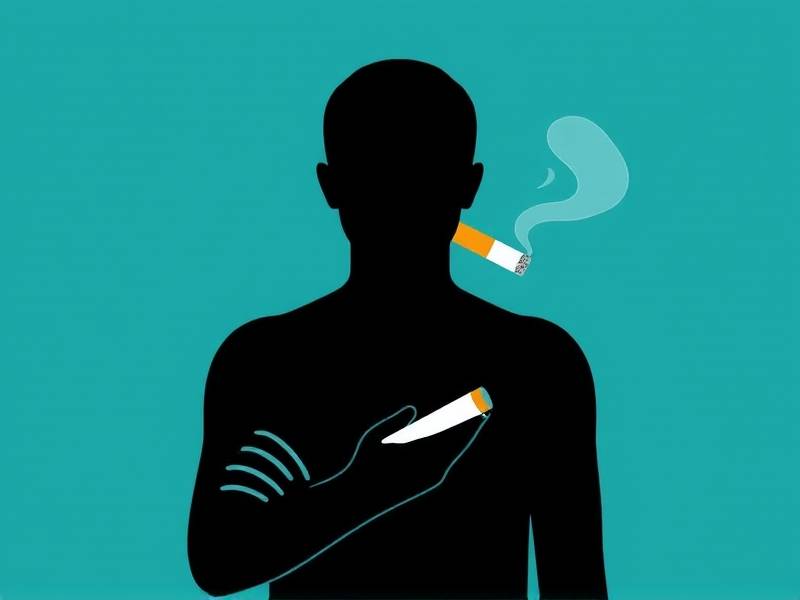What Happens After 1 Month of Quitting Smoking: A Comprehensive Guide
"What Happens After 1 Month of Quitting Smoking: A Comprehensive Guide"
Introduction: Quitting smoking is a significant step towards improving one's health. The journey to becoming smoke-free can be challenging, but it's worth it. Many people wonder what happens after they quit smoking, especially during the first month. This comprehensive guide will explore the changes that occur in your body and mind within the first 30 days of quitting smoking.
1. Immediate Changes

When you quit smoking, your body starts healing immediately. Here are some immediate changes you can expect:
- Improved Circulation: Within 12 hours of quitting, your heart rate and blood pressure begin to decrease.
- Enhanced Lung Function: Your lungs start to clear out tar and mucus, leading to improved breathing.
2. Short-Term Benefits (1-3 Months)
After one month of quitting smoking, you'll notice several short-term benefits:
- Reduced Risk of Heart Disease: Your heart disease risk starts to decline as your blood vessels begin to repair themselves.
- Improved Sense of Taste and Smell: You'll start enjoying flavors and scents more vividly.
- Increased Energy Levels: Without nicotine, your body can use oxygen more efficiently, leading to increased energy.
3. Long-Term Benefits (6 Months - 1 Year)
Within the first month of quitting smoking, you're setting the stage for long-term health benefits:
- Reduced Risk of Cancer: Your risk for various types of cancer begins to decrease.
- Improved Lung Health: Your lungs continue to clear out toxins, reducing the risk of respiratory infections.
4. Mental Health Changes
Quitting smoking also affects your mental health:

- Increased Stress Levels: It's common to experience increased stress during the first month as your body adjusts to life without nicotine.
- Improved Mood: Over time, many people report feeling happier and more relaxed after quitting.
5. Tips for Staying Smoke-Free
To ensure a successful quit attempt, consider these tips:
- Seek support from friends, family, or support groups.
- Create a plan for managing cravings.
- Stay active and engage in hobbies that distract you from thoughts of smoking.
- Consider using nicotine replacement therapy or prescription medications.
Conclusion: Quitting smoking is a journey with numerous benefits. The first month is crucial for establishing new habits and setting the stage for long-term success. By understanding what happens after one month of quitting smoking, you can stay motivated and focused on achieving a smoke-free life. Remember that each person's experience may vary, so be patient with yourself as you navigate this significant change in your life.
